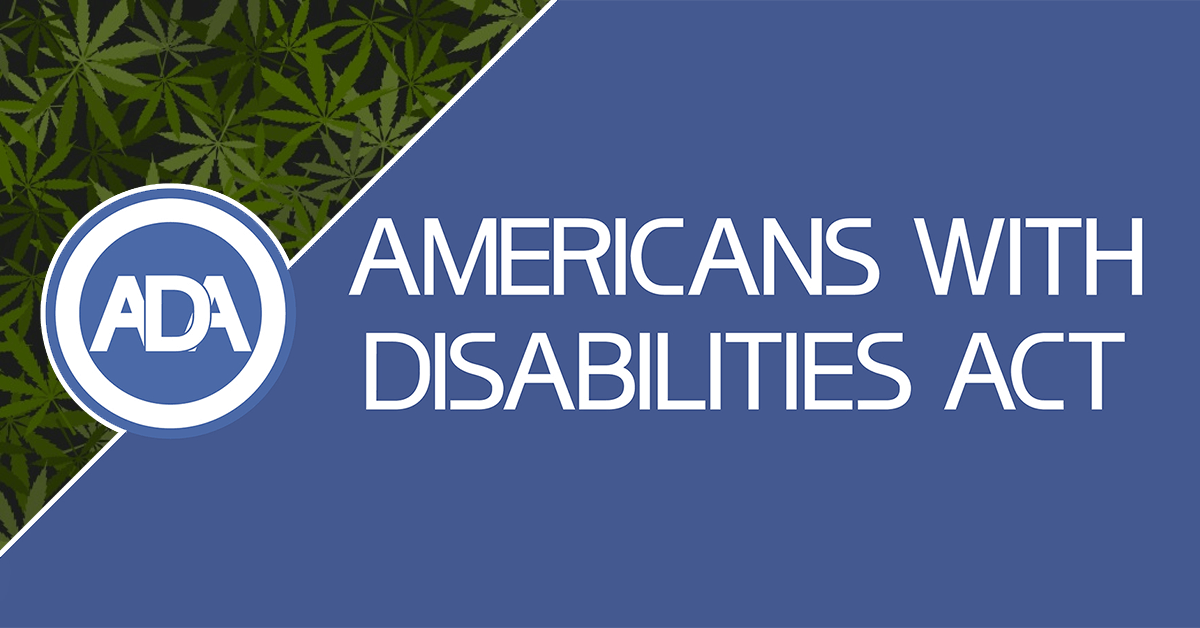Incident Highlights Need for Better ADA Compliance in Michigan Cannabis Industry

An incident involving potential discrimination against a disabled combat veteran at a provisioning center in Ann Arbor has sparked concerns about the cannabis industry's adherence to the Americans with Disabilities Act (ADA). The event, which took place on June 29th, 2024, underscores the necessity for better education and awareness among cannabis business operators regarding their legal obligations toward customers with disabilities.
A disabled veteran, whose name has been withheld due to an impending formal complaint, reported being denied entry to a provisioning center because of their service dog. According to the veteran, the situation escalated until they mentioned contacting the Cannabis Regulatory Agency (CRA), which led to a sudden change in the employees' demeanor. The veteran also reported being asked for documentation for their service animal, a request that is explicitly prohibited under the ADA.
This veteran's distressing experience is not an isolated case. Reports of similar incidents have surfaced in recent months, with at least four veterans reporting denial of entry to cannabis provisioning centers due to their service animals. Such incidents highlight a troubling pattern of non-compliance with ADA regulations, which mandate that businesses must allow individuals with service animals to enter their premises without requiring any special documentation or identification for the animals.
ADA Requirements and Industry Responsibilities
Under the ADA, businesses must accommodate individuals with disabilities and their service animals. The law is clear: service animals are not required to wear special vests, nor can businesses ask for documentation proving the animal's status. The only permissible inquiries are whether the animal is required because of a disability and what work or task the animal has been trained to perform. Failure to comply with these requirements constitutes discrimination, regardless of whether the violation stems from ignorance or deliberate action.
The incident in Ann Arbor is a reminder of the cannabis industry's duty to adhere to these laws. Licensees must ensure their staff are fully aware of and compliant with ADA requirements as a condition of maintaining their licenses. Discrimination, whether intentional or due to lack of knowledge, poses significant legal risks and can damage the reputation of the businesses involved.
Call for Enhanced Education and Industry Standards
In response to the incident, the concerned party who alerted the CRA has pledged to address this issue directly with CRA Director Brian Hanna. The aim is to ensure that the provisioning center involved, as well as the broader industry, receives proper education on ADA compliance. This proactive approach seeks to prevent future incidents and promote a more inclusive environment for all customers.
The repeated nature of these complaints highlights a need for systemic change. The CRA has been urged to issue educational reminders to all licensees, reinforcing the importance of ADA compliance and the rights of individuals with service animals. Education and awareness are crucial to prevent unnecessary legal conflicts and to foster a welcoming atmosphere for veterans and other individuals with disabilities.
Industry Reactions and Broader Implications
Reactions within the industry have been mixed. Some argue that the lack of familiarity with service animals in dispensaries could lead to misunderstandings, emphasizing the need for education rather than punitive measures. Others stress that ignorance of the law is not an excuse for non-compliance and that businesses must be held accountable for their actions.
Veterans, in particular, are a significant demographic within the cannabis community, often using cannabis for therapeutic purposes. Ensuring their rights and comfort within provisioning centers is not only a legal obligation but also a matter of respect and gratitude for their service.
Moving Forward
The cannabis industry in Michigan must prioritize ADA compliance to avoid discrimination and create an inclusive environment for all customers. This incident serves as a crucial reminder of the importance of education and the need for continuous efforts to uphold the rights of individuals with disabilities.
For further information on ADA requirements, please refer to the official ADA website.
Share this article:
Spotted a typo, grammatical error, or a factual inaccuracy? Let us know - we're committed to correcting errors swiftly and accurately!








 Helpful Links
Helpful Links